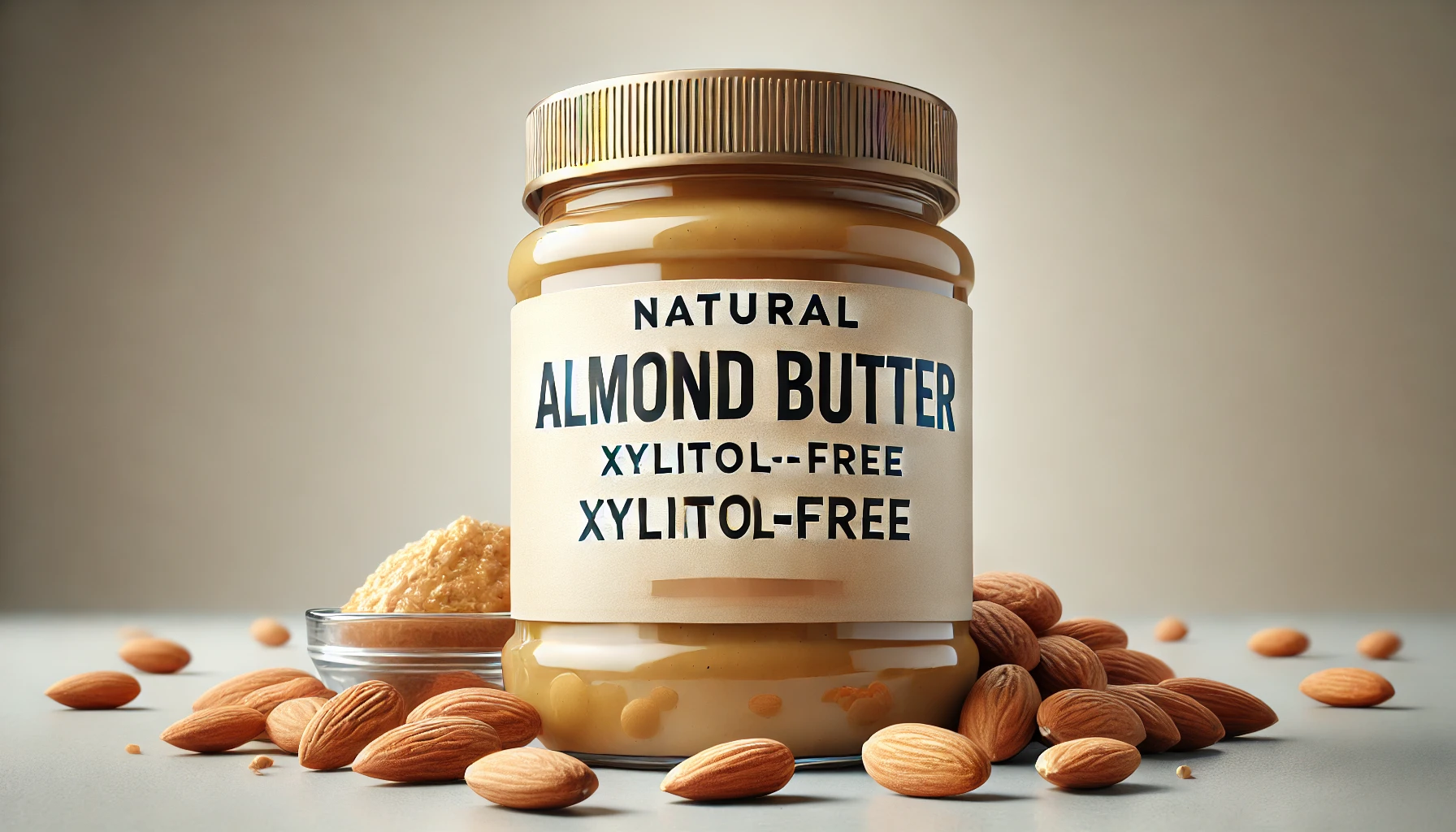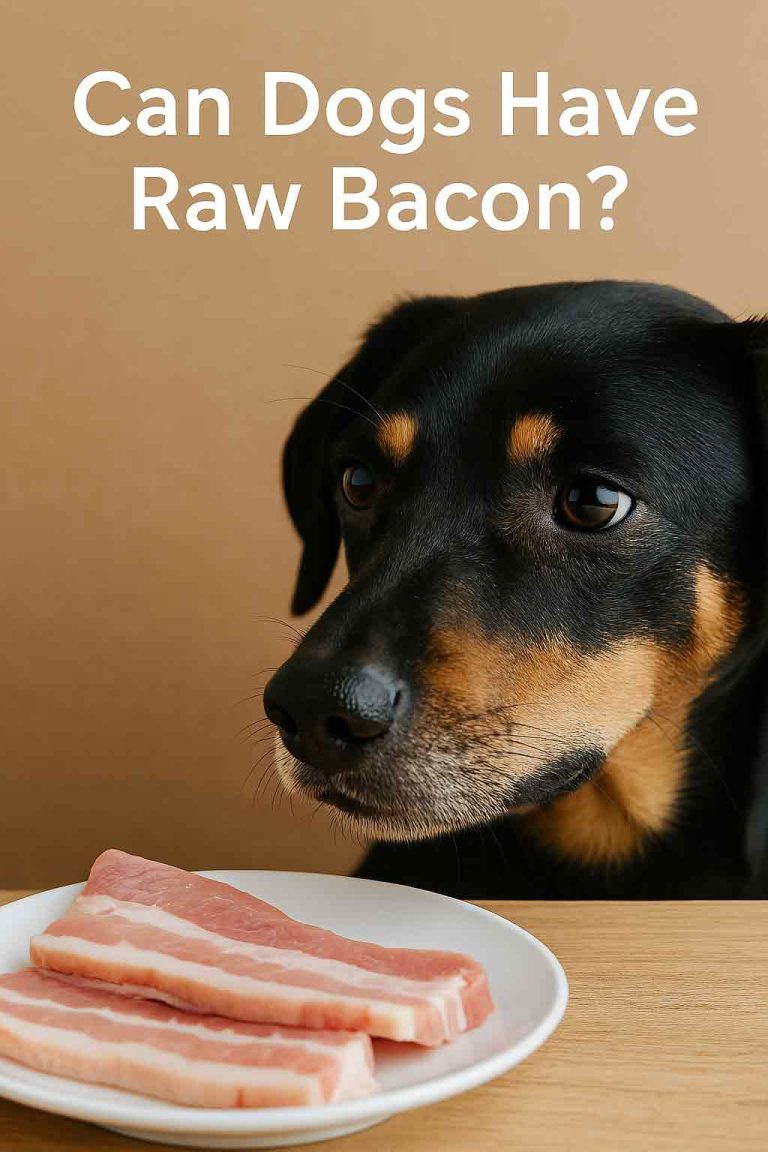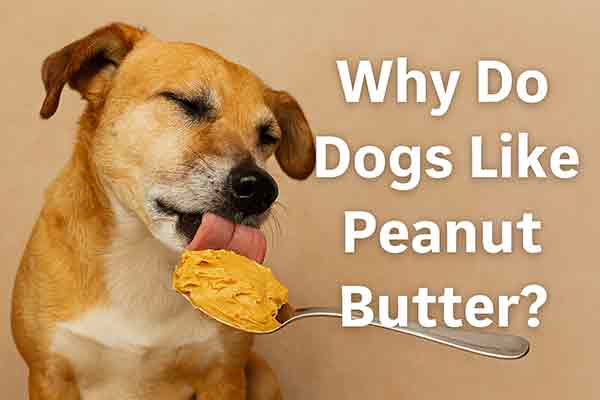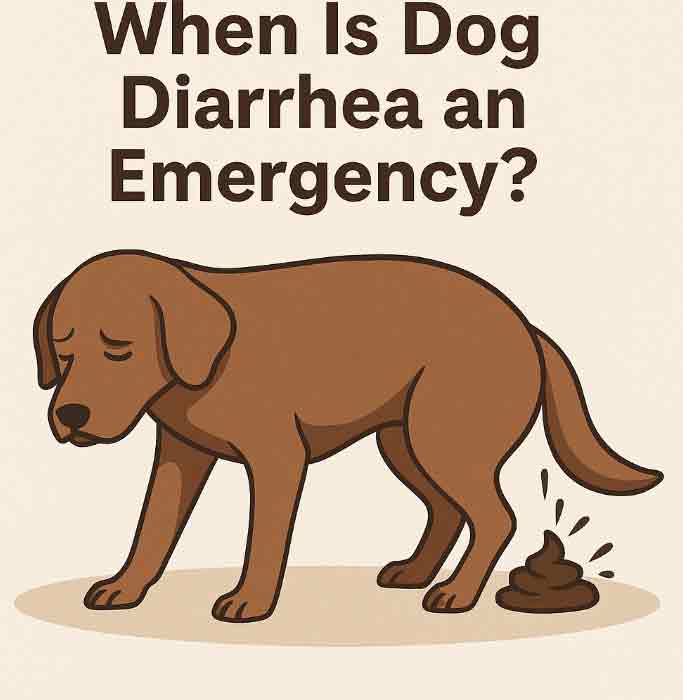Can Dogs Have Almond Butter? A Comprehensive Guide for Pet Owners
Almond butter has become a popular and healthy alternative to peanut butter for many people. Naturally, as a dog owner, you might wonder: Can dogs have almond butter? Is it safe, or could it pose potential risks to their health? In this article, we’ll explore whether almond butter is safe for dogs, its benefits and risks, and the best ways to serve it to your furry friend.
Is Almond Butter Safe for Dogs?
The short answer is: Yes, but with caution. Almond butter is not toxic to dogs, but it can be difficult for them to digest. Unlike peanuts, which are more commonly consumed by dogs, almonds can be hard for canines to process. Some dogs may experience digestive discomfort after eating almond butter.
Additionally, some almond butters contain xylitol, an artificial sweetener that is highly toxic to dogs. Always check the ingredient label before giving any almond butter to your pet.
Potential Benefits of Almond Butter for Dogs
If given in moderation and without harmful additives, almond butter can offer some health benefits to your dog.
1. Rich in Healthy Fats
Almond butter contains unsaturated fats, which can help maintain a shiny coat and healthy skin for dogs. However, too much fat can lead to weight gain and pancreatitis, so portion control is essential.
2. Good Source of Protein
Protein is essential for muscle development and overall health. Almond butter provides a small protein boost, though it shouldn’t replace a dog’s main protein sources like meat or fish.
3. Packed with Vitamins and Minerals
Almond butter contains vitamin E, magnesium, and calcium, which support immune function, strong bones, and overall well-being in dogs.
Risks of Feeding Almond Butter to Dogs
While almond butter has some benefits, it also carries risks that dog owners should consider.
1. Digestive Issues
Dogs may struggle to digest almonds properly. This can lead to stomach upset, vomiting, or diarrhea, especially if they consume a large amount.
2. High in Fat and Calories
Excess fat consumption can cause obesity and pancreatitis in dogs. If you decide to give your dog almond butter, ensure it is only an occasional treat and not a regular part of their diet.
3. Possible Allergic Reactions
Some dogs may be allergic to almonds. Signs of an allergic reaction include itching, swelling, hives, and difficulty breathing. If you notice any of these symptoms, seek veterinary attention immediately.
4. Risk of Xylitol Poisoning
Many commercial almond butters contain xylitol, which is extremely toxic to dogs. Even small amounts can cause rapid insulin release, leading to hypoglycemia (low blood sugar), seizures, liver failure, or even death. Always choose almond butter that is xylitol-free.
How to Safely Give Almond Butter to Your Dog
If you decide to let your dog try almond butter, follow these guidelines to keep them safe.
1. Choose Natural, Xylitol-Free Almond Butter
Always read the ingredient list. Avoid brands that contain xylitol, added sugar, salt, or artificial preservatives. The best option is unsalted, all-natural almond butter with no added ingredients.

2. Serve in Small Amounts
Almond butter should be an occasional treat, not a dietary staple. A small spoonful once in a while is enough.
3. Use it as a Training Treat or Kong Filler
A little almond butter can be used as a reward during training sessions or as a Kong toy filler to keep your dog entertained.
4. Monitor Your Dog’s Reaction
After giving your dog almond butter for the first time, observe them for any signs of digestive issues or allergic reactions. If they show signs of discomfort, discontinue feeding and consult a veterinarian.
Healthier Alternatives to Almond Butter for Dogs
If you’re looking for safe nut-based treats for your dog, here are some better alternatives:
1. Peanut Butter
Unsalted, xylitol-free peanut butter is a safer choice and is generally easier for dogs to digest than almond butter.
2. Pumpkin Puree
Pumpkin is low in calories and great for digestion. It’s a nutritious alternative that many dogs love.
3. Plain Greek Yogurt
A small amount of plain Greek yogurt can provide probiotics and protein, supporting your dog’s gut health.
4. Mashed Banana
Bananas are a natural, sweet treat rich in potassium and fiber, making them a great alternative to almond butter.
Frequently Asked Questions
1. How much almond butter can I give my dog?
A small teaspoon occasionally is safe for most dogs. Avoid giving large amounts, as it is high in fat and can cause stomach issues.
2. What happens if my dog eats too much almond butter?
If your dog consumes a large amount, they may experience vomiting, diarrhea, or an upset stomach. If they show signs of lethargy or distress, contact your veterinarian.
3. Can puppies eat almond butter?
It’s best to avoid giving almond butter to puppies. Their digestive systems are more sensitive, and they may struggle to process nuts properly.
4. Can almond butter cause pancreatitis in dogs?
Yes, the high fat content in almond butter can contribute to pancreatitis, especially in dogs prone to this condition. Signs of pancreatitis include vomiting, loss of appetite, and abdominal pain. If you suspect pancreatitis, seek veterinary care immediately.
Final Verdict: Can Dogs Have Almond Butter?
Dogs can have almond butter in moderation, but it’s not the best treat choice. While it provides some nutrients, it also carries potential risks, such as digestive issues, high fat content, and the danger of xylitol poisoning.
If you want to treat your dog with nut butter, unsalted, xylitol-free peanut butter is a safer alternative. As always, when introducing a new food to your dog’s diet, consult your veterinarian first and observe how your pet reacts.
Would you like to learn more about safe and unsafe foods for dogs? Keep exploring our site for more pet-friendly advice!







